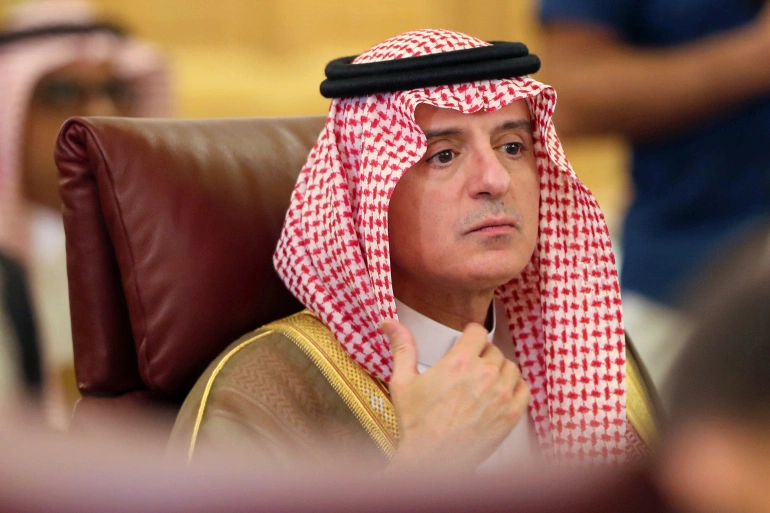Tehran censures Riyadh for resorting to classic demagoguery methods

TEHRAN — Kazem Gharibabadi, Iran's ambassador and permanent representative to the Vienna-based international organizations, has responded to Riyadh’s anti-Iran rhetoric, saying scapegoating and fearmongering are two common and classic methods used by demagogues.
“If you want to pursue a nuclear weapon program, or you are seeking for an excuse to justify your lack of cooperation with the IAEA or your outdated safeguard system, at least have the courage to admit it and pay the price for it, don’t blame your wrongdoings on others by lies,” Gharibabadi tweeted on Wednesday.
It came after Saudi Minister of State for Foreign Affairs Adel Al-Jubeir claimed the kingdom reserves the right to arm itself with nuclear weapons if Iran cannot be stopped from making one.
“It’s definitely an option,” al-Jubeir told the DPA news agency in a recent interview. If Iran becomes a nuclear power, he said, more countries would follow suit.
“And Saudi Arabia has made it very clear, that it will do everything it can to protect its people and to protect its territories.”
The Islamic Republic has repeatedly said that it has never sought and will never seek to build nuclear weapons. The decision, Tehran says, is based on a fatwa (religious decree) issued by Leader of the Islamic Revolution Ayatollah Ali Khamenei. The fatwa bans the production, possession and stockpiling of nuclear weapons and other weapons of mass destruction.
In order to address the commotion created by the United States and its allies over the Islamic Republic’s nuclear program, Tehran signed a nuclear deal with six world powers in 2015. Under the deal, Iran agreed to limit its nuclear activities in exchange for a termination of sanctions.
However, President Donald Trump withdrew the U.S. from the deal, officially called the Joint Comprehensive Plan of Action (JCPOA), in May 2018 and imposed the harshest sanctions in history against Iran in line with his “maximum pressure” campaign against Iran.
Iran has also signed the nuclear Non-Proliferation Treaty (NPT) — whose aim is to prevent the spread of nuclear arms and weapons technology — in July 1968 and ratified it in February 1970.
“We believe the Iranians have only responded to pressure,” claimed al-Jubeir.
Asked what changes he anticipates could come once U.S. President-elect Joe Biden takes charge in January, he said, “We will have to see.”
Biden has signaled that he will reenter the United States into the JCPOA, and criticized Trump for withdrawing from the deal in a unilateral move.
Last week, Saudi Arabia’s King Salman bin Abdulaziz Al Saud urged the world to take a “decisive stance” to address Iran’s efforts to develop its nuclear and ballistic missile programs.
“The kingdom stresses the dangers of Iran’s regional project, its interference in other countries, its fostering of terrorism, its fanning the flames of sectarianism and calls for a decisive stance from the international community against Iran that guarantees a drastic handling of its efforts to obtain weapons of mass destruction and develop its ballistic missiles program,” the king said in an annual address to a government advisory body, according to Al Jazeera.
In response, Iranian Foreign Ministry spokesman Saeed Khatbizadeh slammed Riyadh for “baseless allegations and hate-mongering”, urging Saudi Arabia to change course to avoid becoming further isolated.
“As long as Saudi rulers do not change course and fix their wrong approach, there will be no prospects for improvement of Saudi Arabia’s isolation even in the Persian Gulf region,” Khatibzadeh said at a press conference on Monday.
MH/PA
Leave a Comment